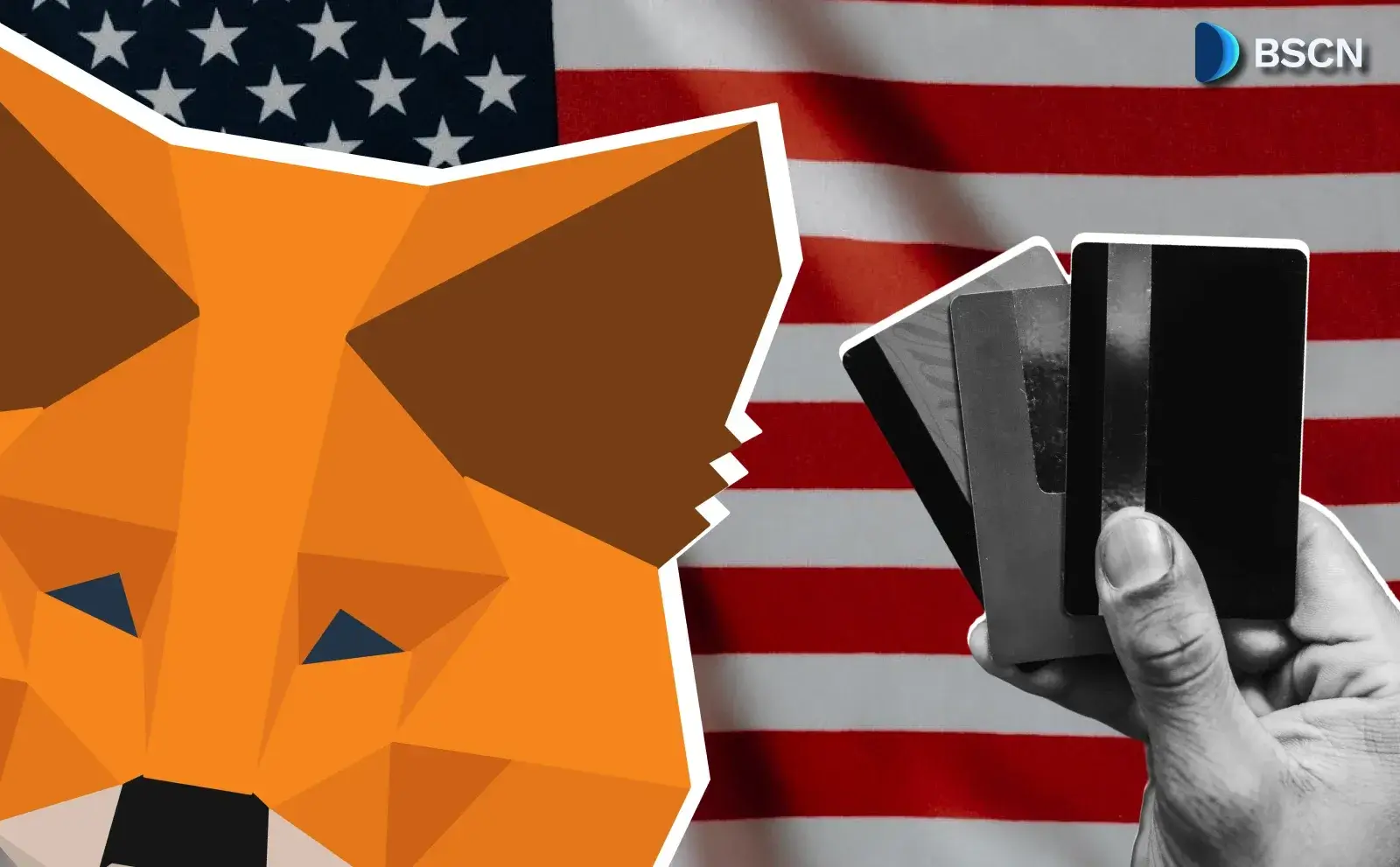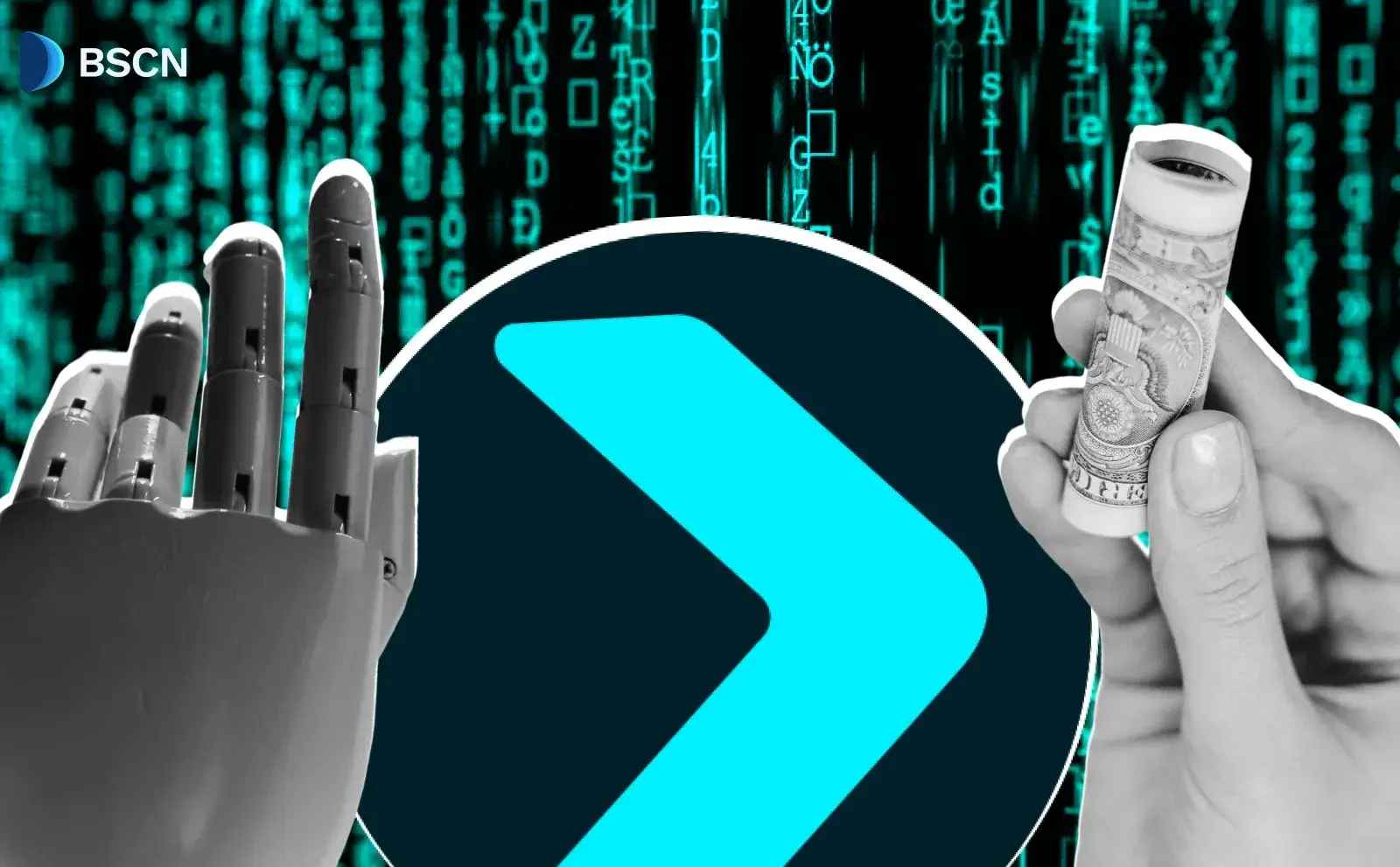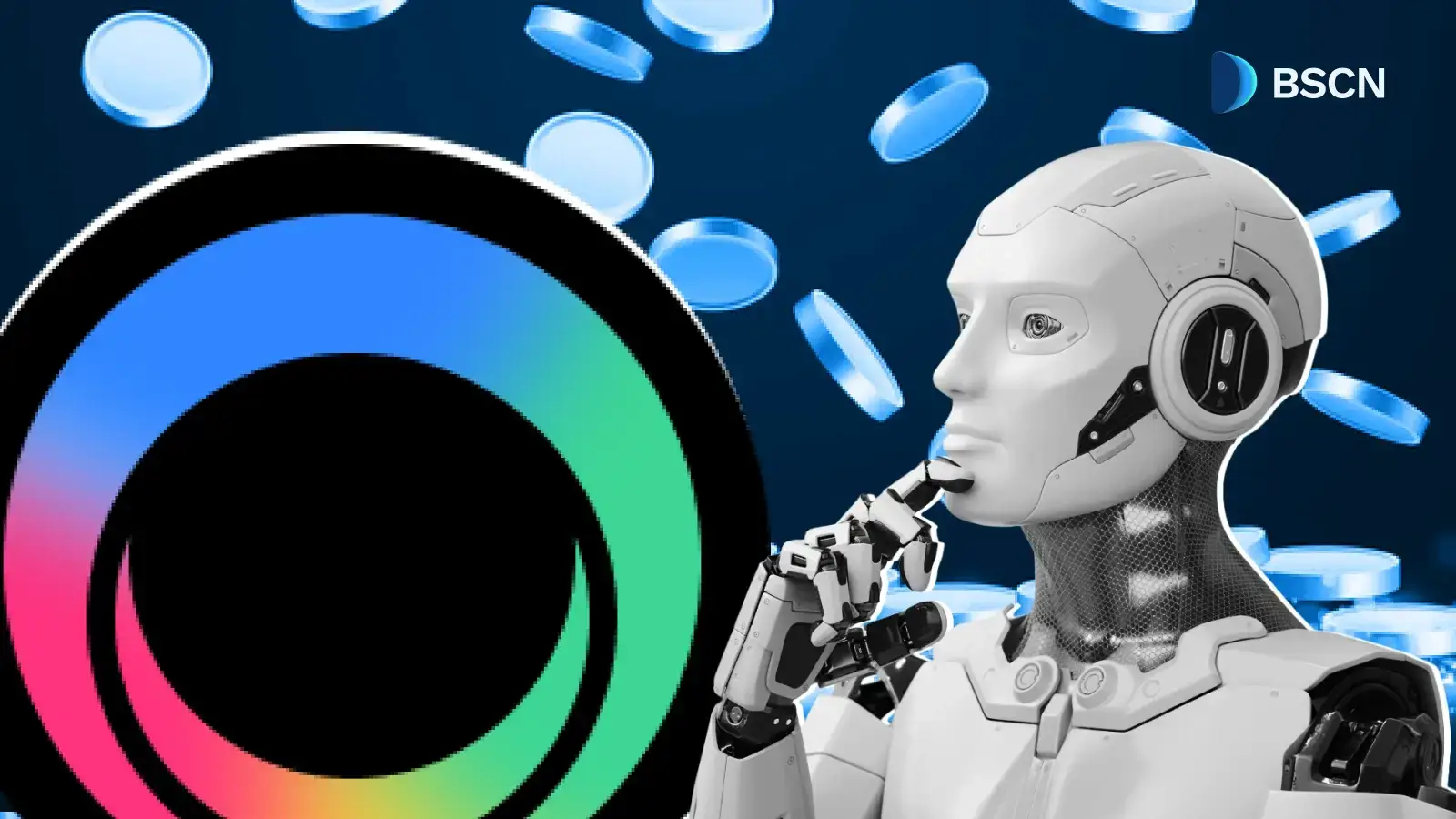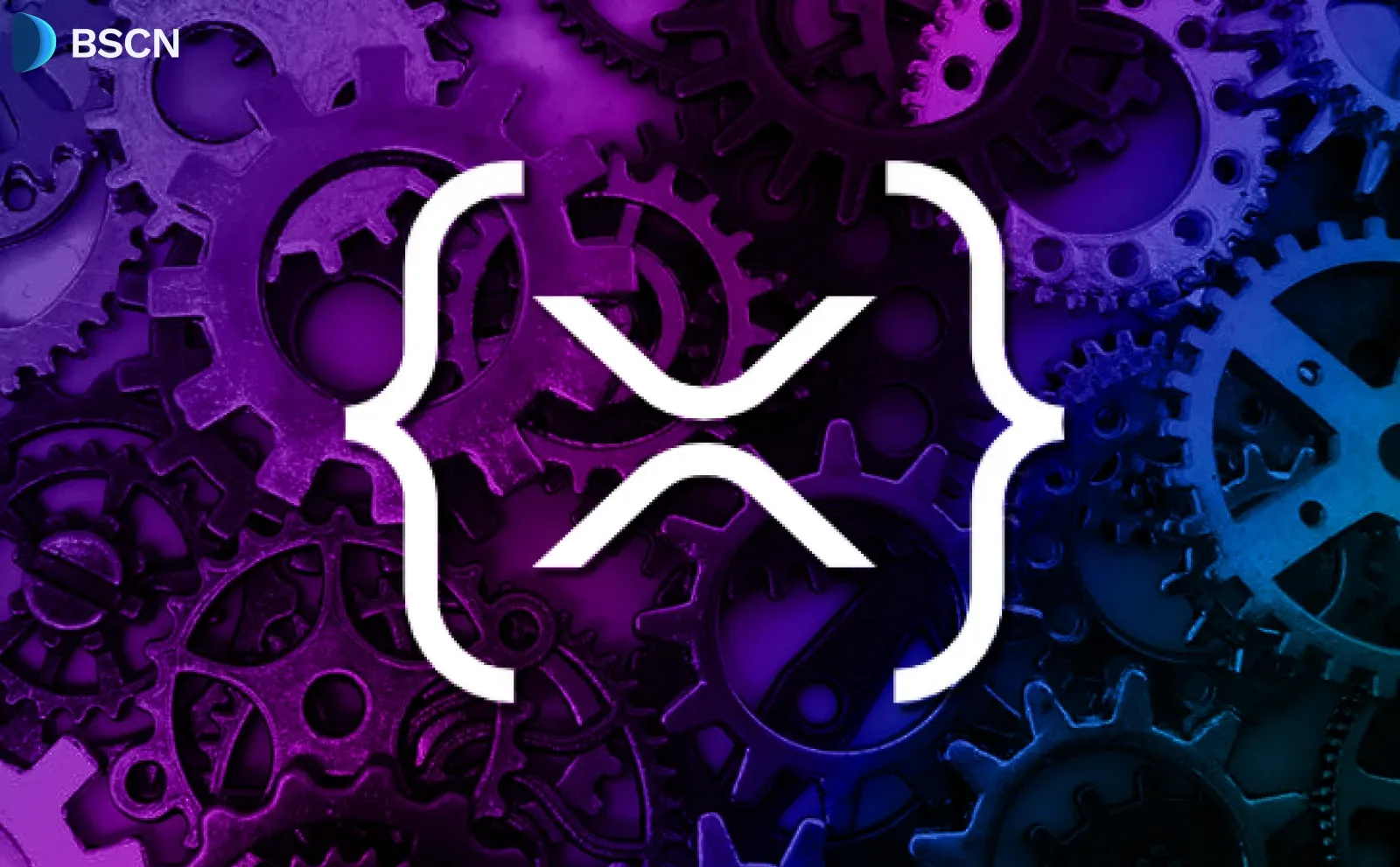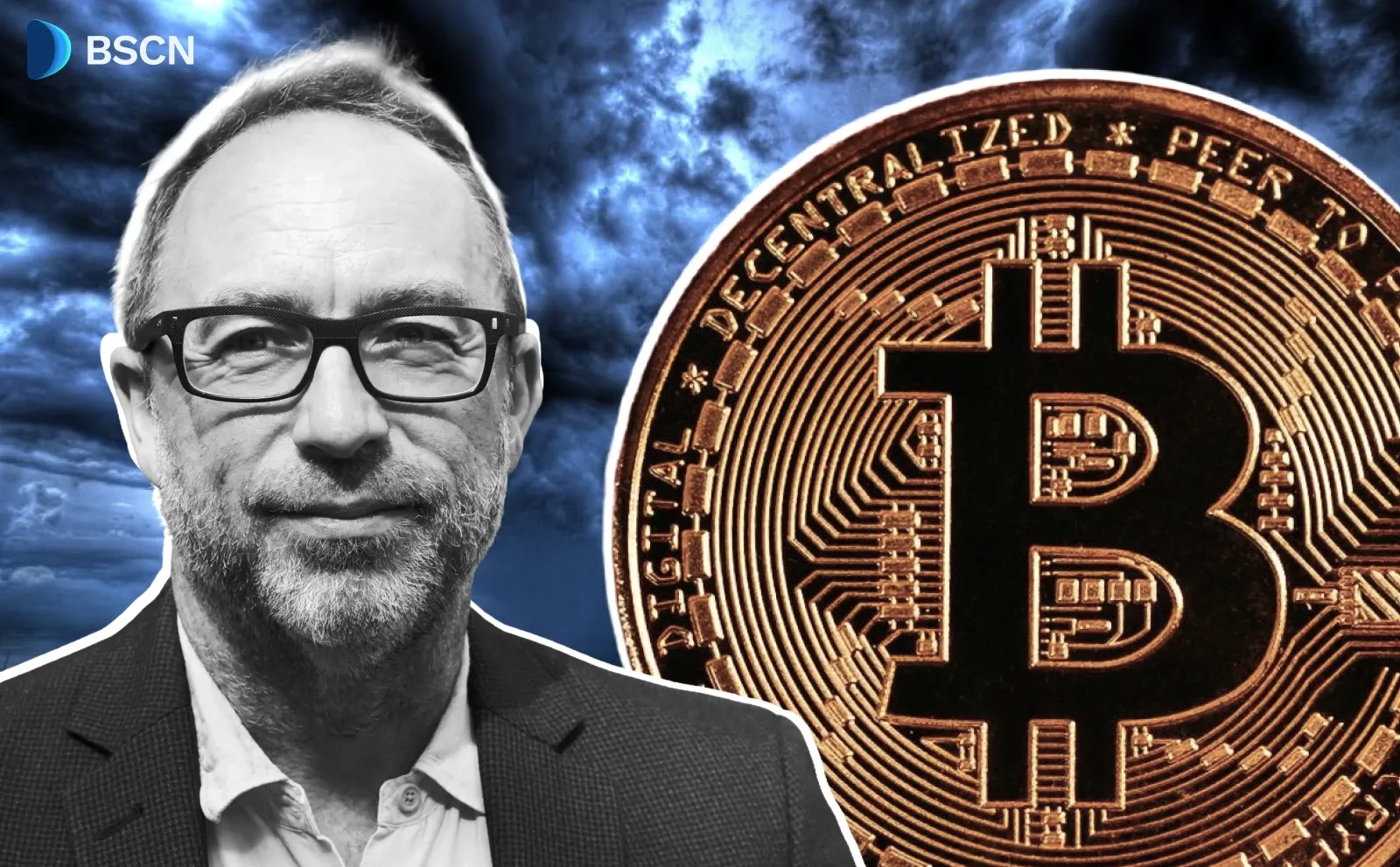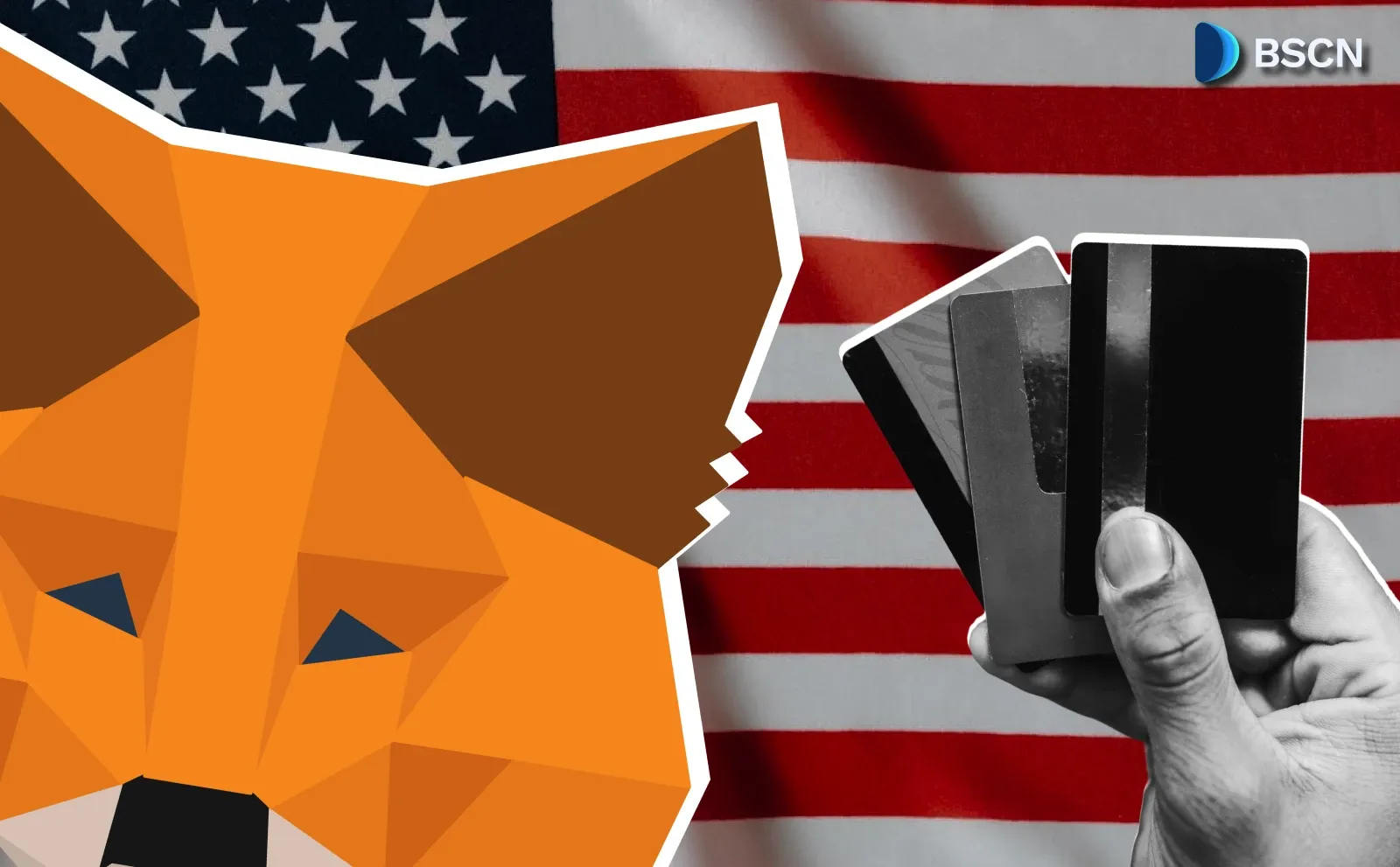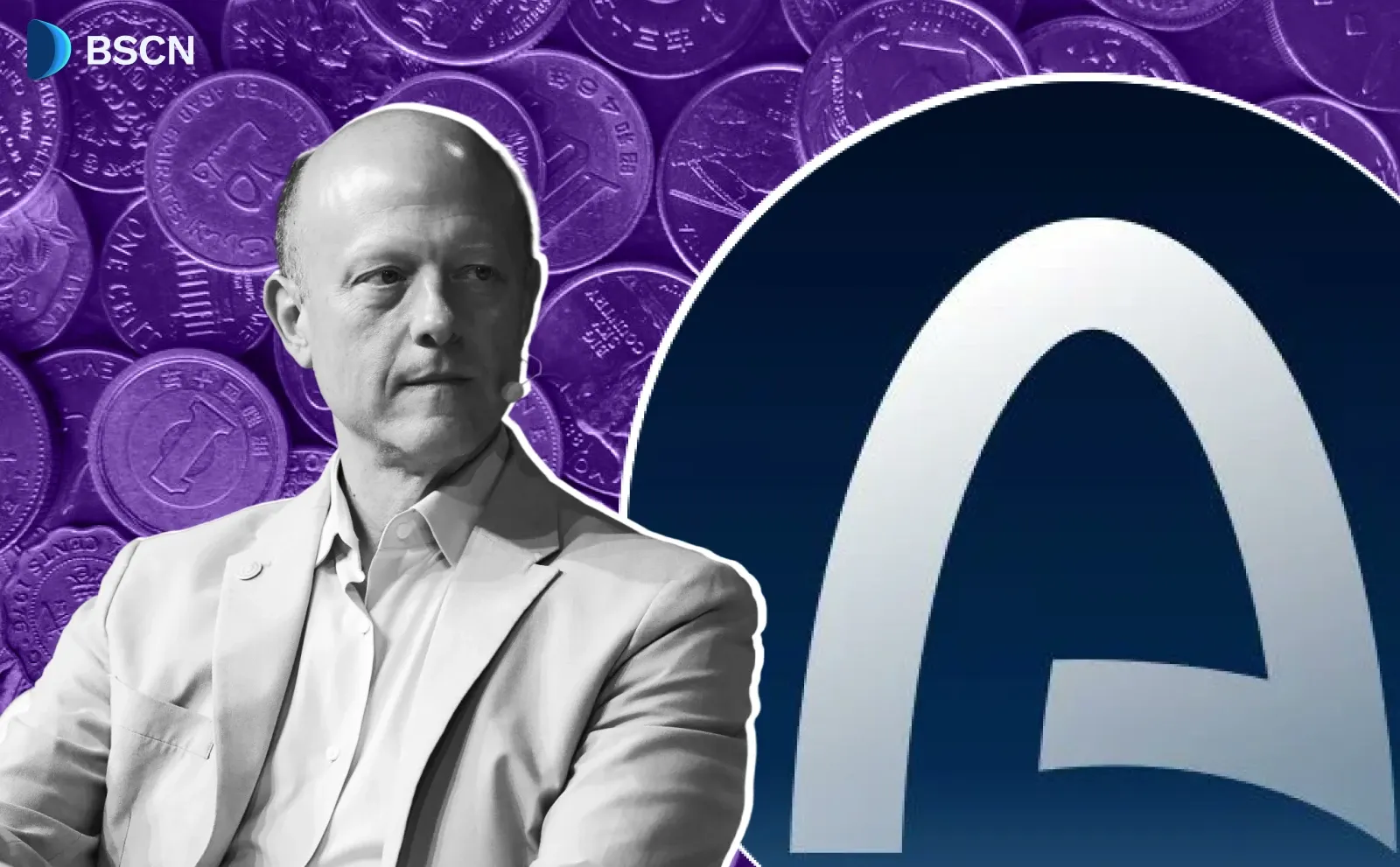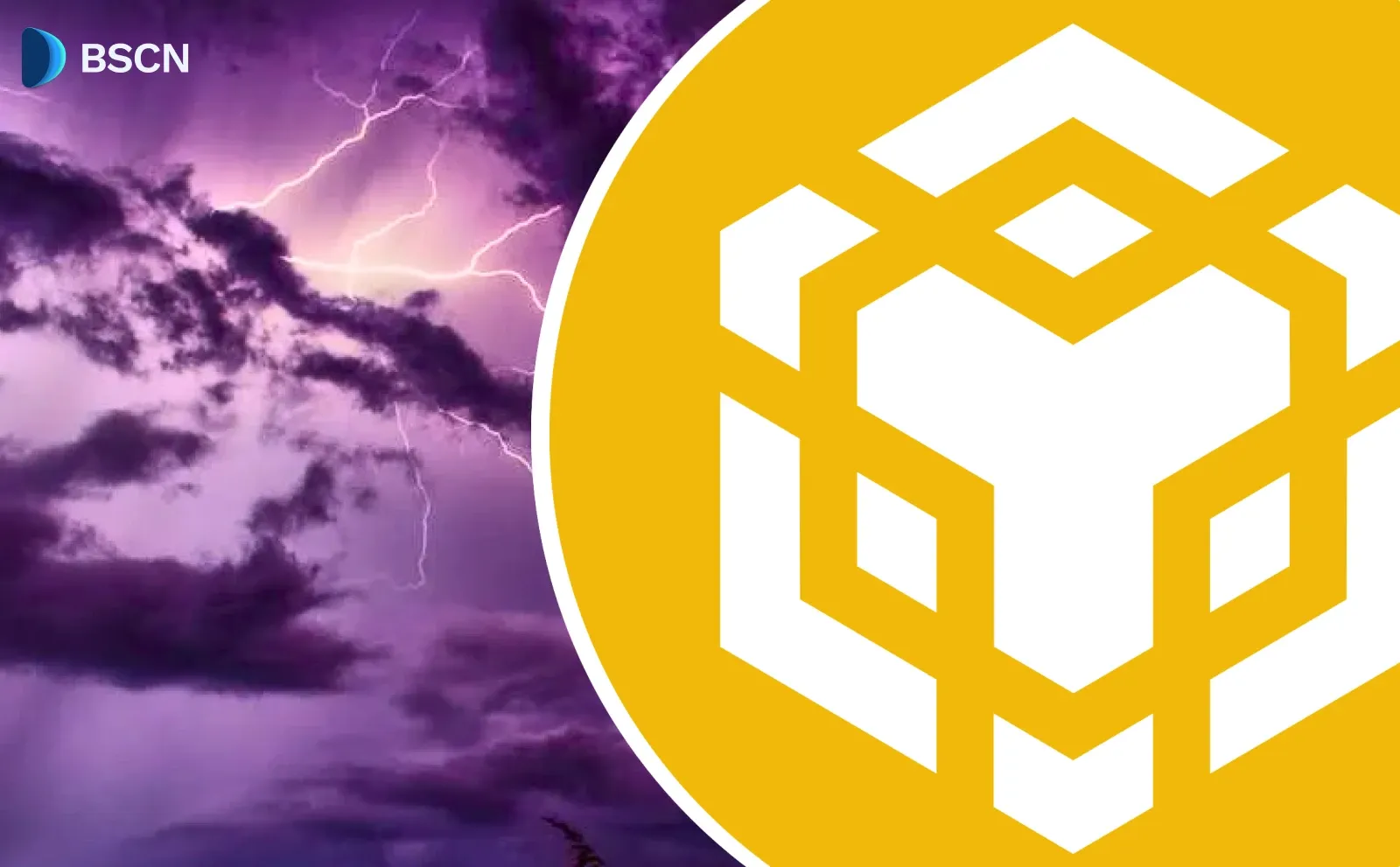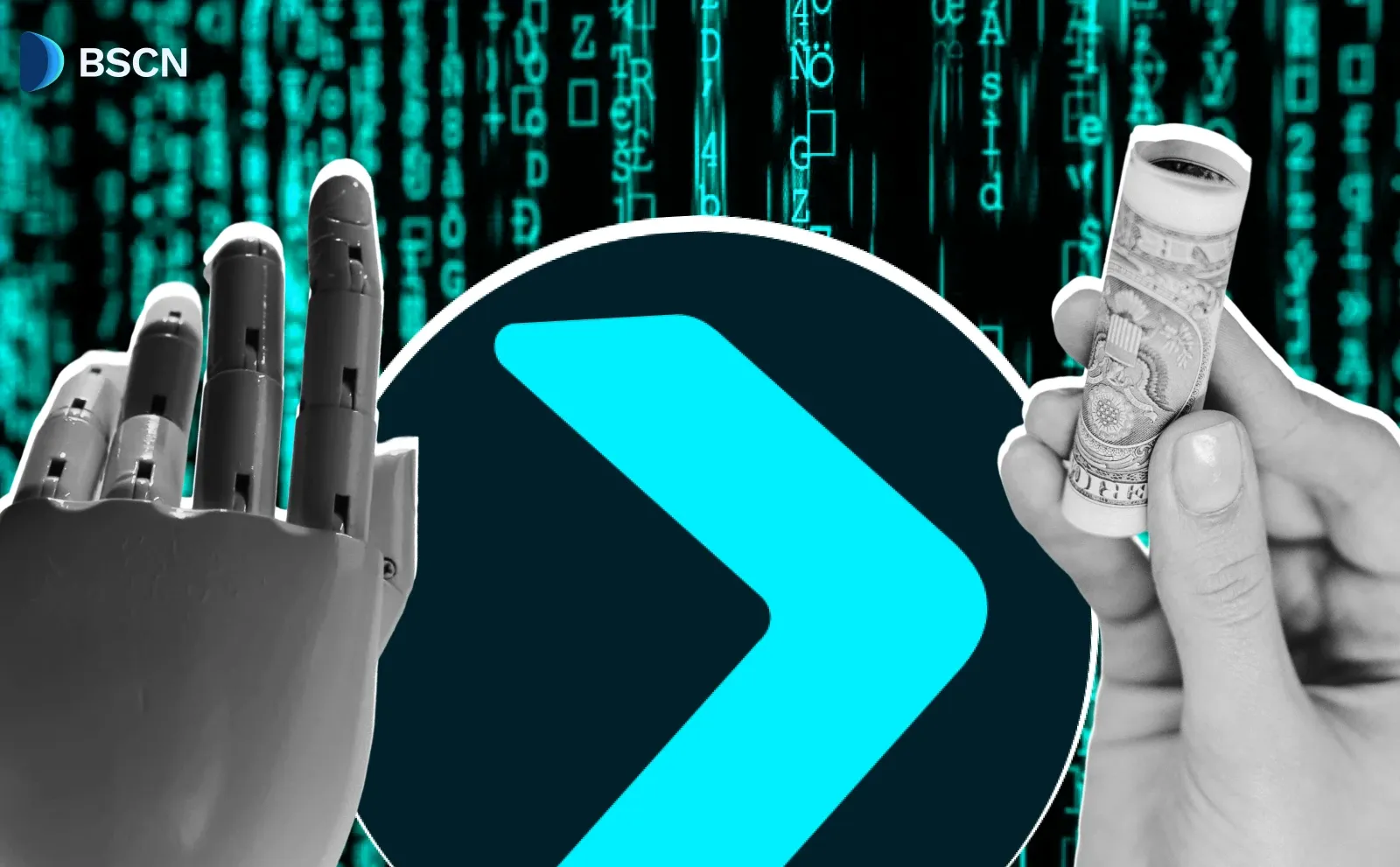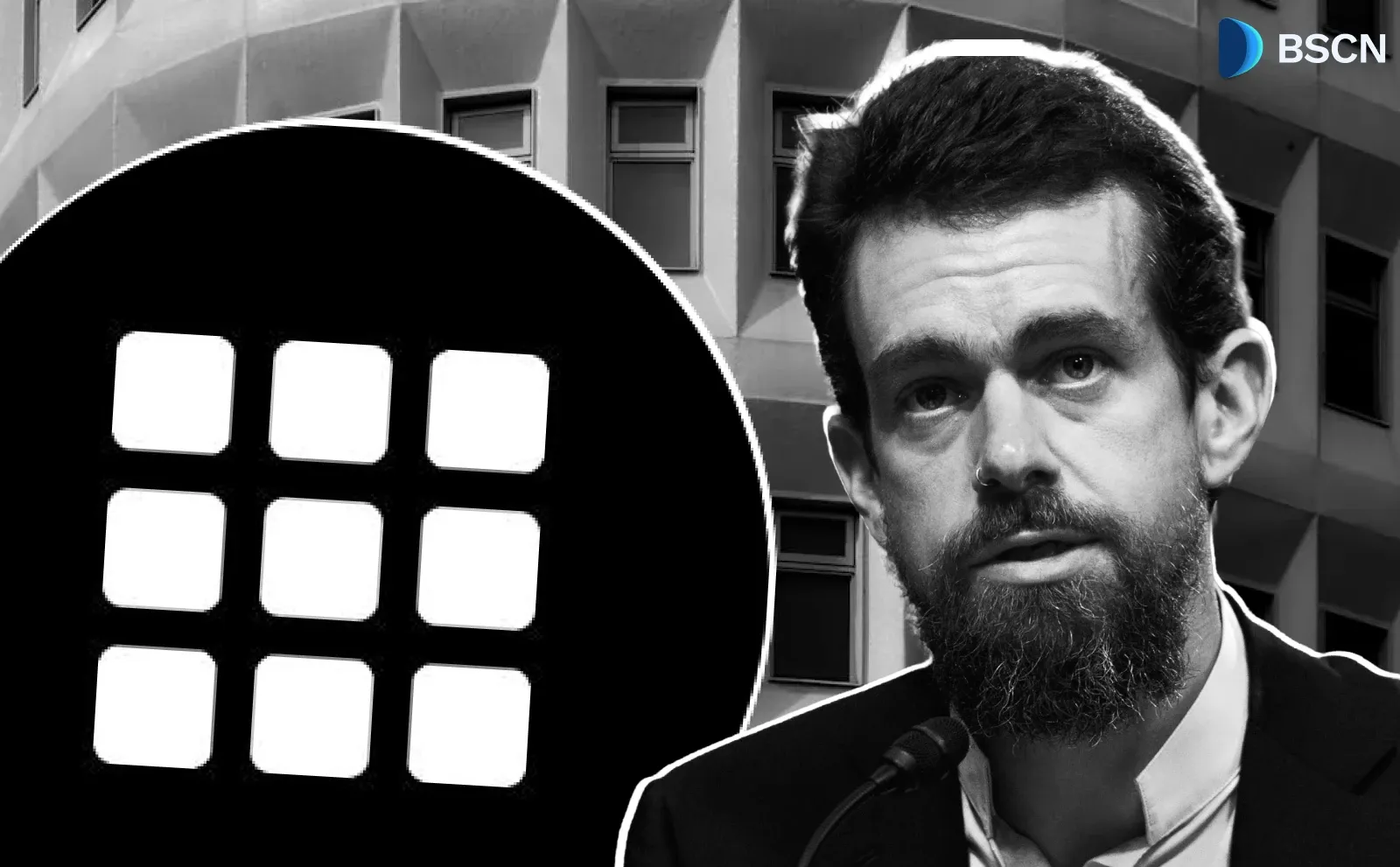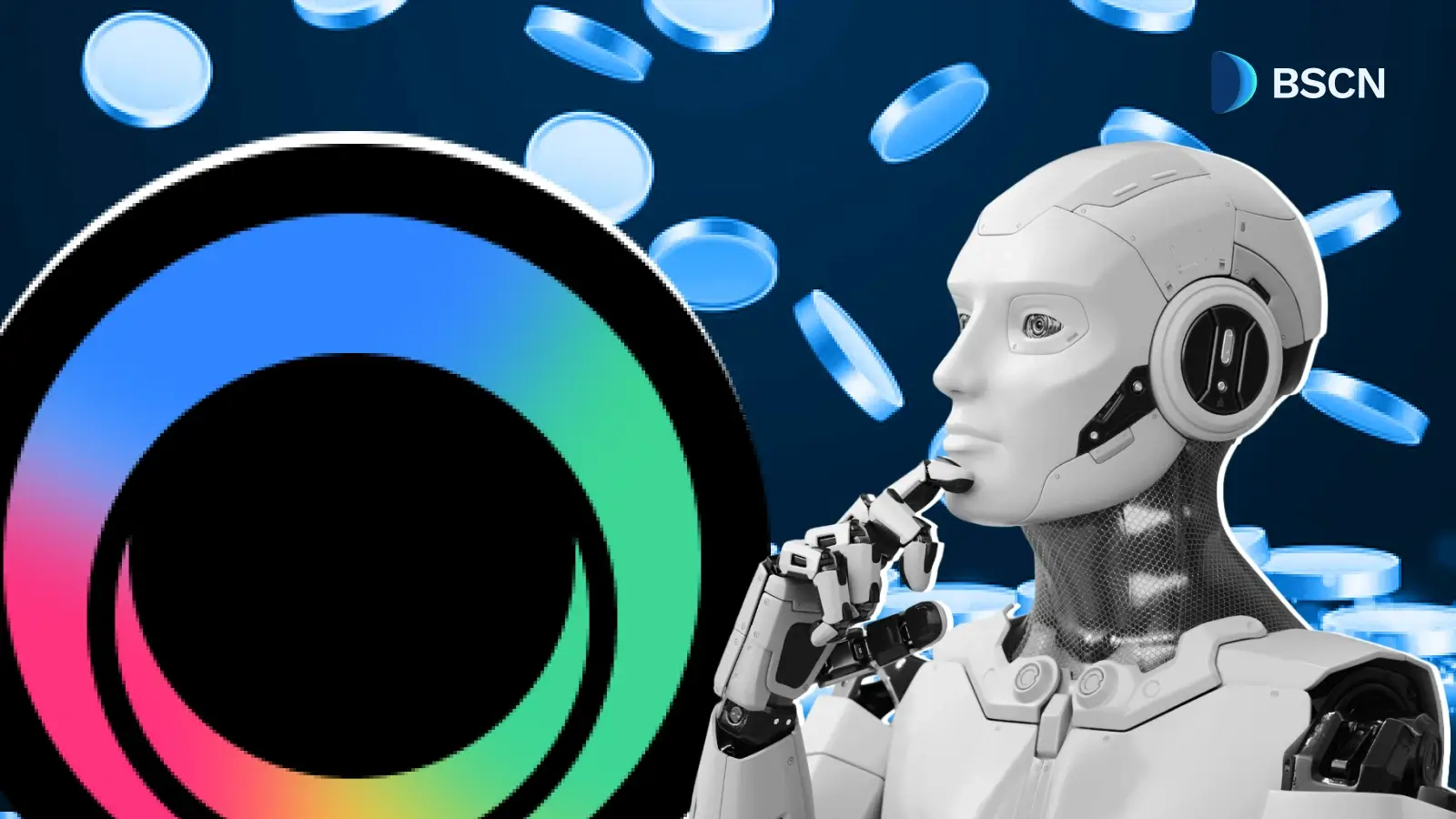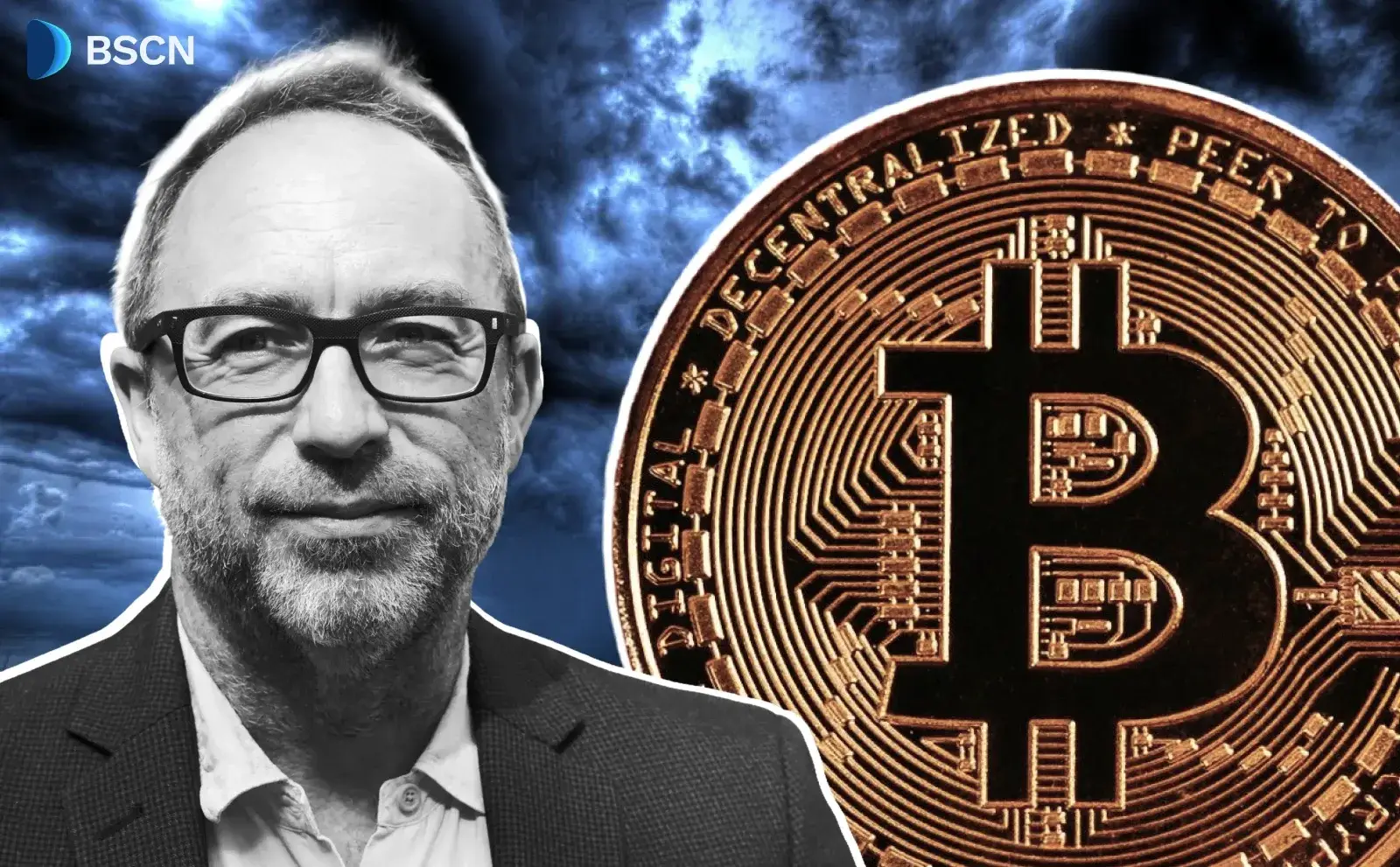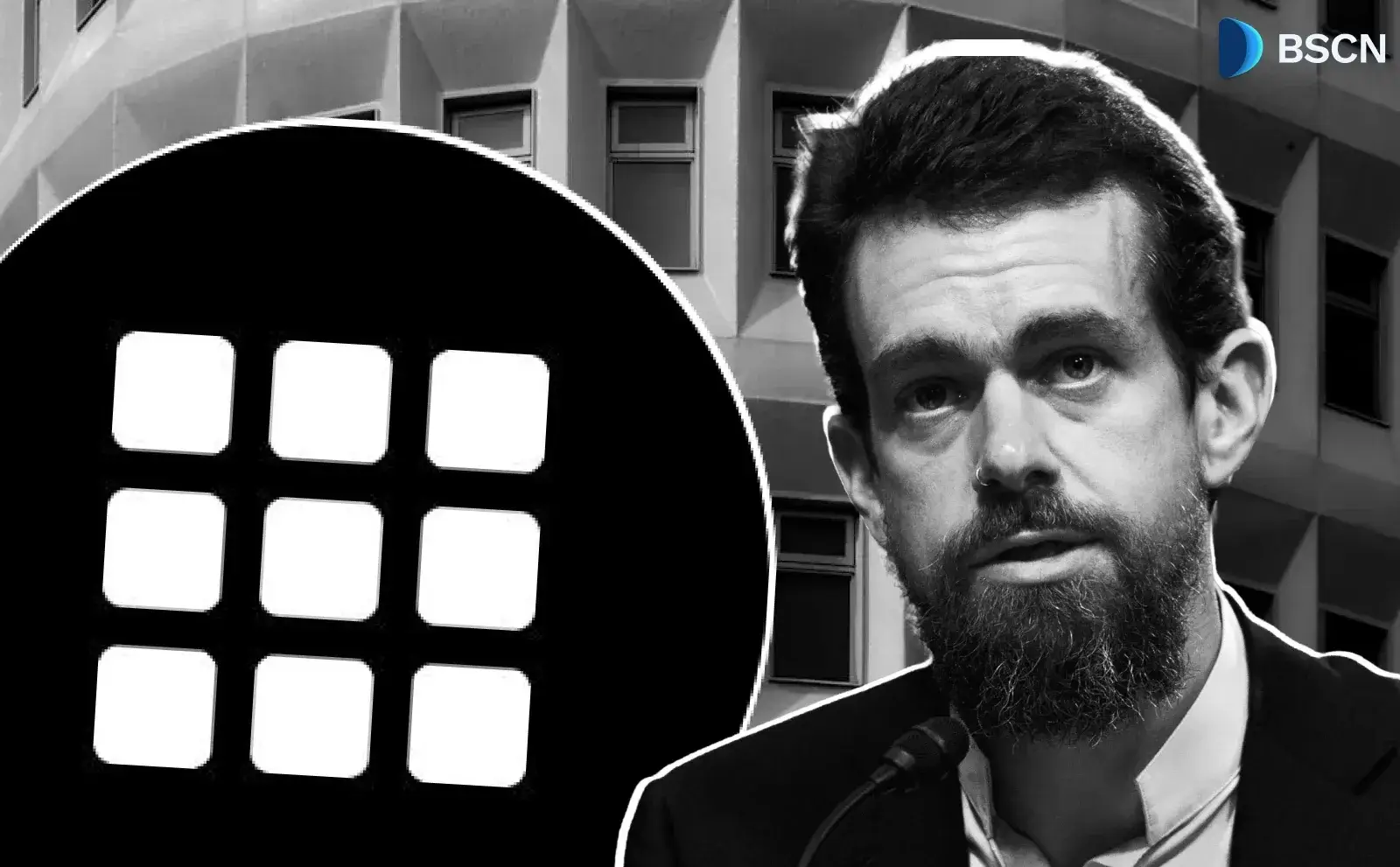Virtuals Protocol: The Architecture Powering Autonomous AI Economies
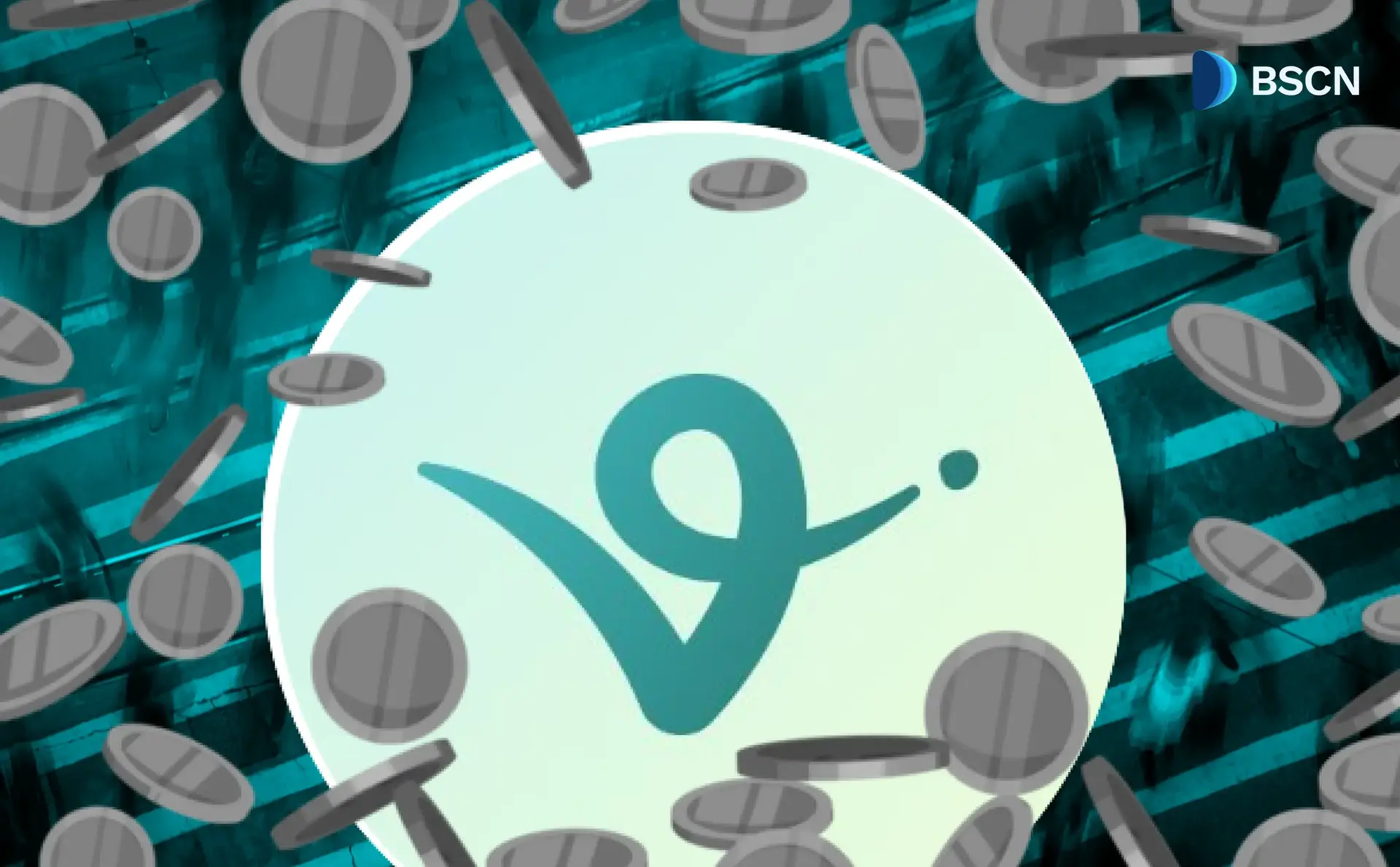
Learn about Virtuals Protocol’s tokenized AI agents, leveraging $VIRTUAL and a robust architecture to enable decentralized, autonomous economic systems.
Miracle Nwokwu
May 5, 2025
Table of Contents
In recent years, AI agents have begun to perform tasks traditionally handled by humans, from customer service to content creation. This shift is not just technological but economic, as AI agents offer scalability and efficiency that human labor cannot match.
A 2025 report from the World Economic Forum estimates that AI agents could automate up to 40% of global labor tasks by 2030, reshaping industries from finance to entertainment.
Platforms like Virtuals Protocol are at the forefront of this transformation. By leveraging blockchain technology, Virtuals Protocol enables AI agents to operate as tokenized, co-owned entities that engage in commerce independently. Let’s dive into what makes this ecosystem tick.
What Is Virtuals Protocol?
Virtuals Protocol is a decentralized platform that empowers AI agents to function as productive, autonomous entities. These agents, built on the blockchain, are designed to create services or products and engage in commerce, whether with humans or other agents. The platform tokenizes these agents, allowing users to co-own them through Agent Tokens. This tokenization fosters a unique economic model where creators, investors, and the agents themselves share aligned incentives. Since its platform launch on October 16, 2024, on the Base network, Virtuals Protocol has grown significantly, powering $2 billion in market cap for its agents and generating $60 million in protocol revenue.
The vision is ambitious: a society of AI agents that operate as independent economic actors. Whether it’s an AI managing a hedge fund or creating digital art, Virtuals Protocol provides the infrastructure for these agents to thrive in a permissionless, decentralized environment.
Technical Architecture: A Three-Pillared System
Virtuals Protocol’s architecture is built on three core components, each designed to support the creation, operation, and commercialization of AI agents.
Agent Commerce Protocol (ACP)
The Agent Commerce Protocol is an open standard that facilitates secure, verifiable, and efficient transactions between autonomous agents. Think of it as the rulebook that governs how AI agents interact commercially on the blockchain. It ensures that agents can transact seamlessly, whether they’re trading digital assets or coordinating tasks, while maintaining transparency and security. This protocol is crucial for scaling an ecosystem where millions of agents might eventually operate.
Tokenization Platform
The tokenization platform is the backbone of Virtuals Protocol’s economic model. It provides mechanisms for launching Agent Tokens and Business Tokens, embedding features like incentive alignment, liquidity provisioning, and fair-launch principles. When a new AI agent is created, it requires a minimum of 10 $VIRTUAL tokens to launch. Once launched, the agent’s token is tradable on a bonding curve, and if its market cap reaches $420,000, its liquidity pool is deployed on Uniswap. This process ensures that agent creators and investors are incentivized to contribute to the agent’s success.
GAME Framework
The GAME (Generative Agentic Modular Engine) Framework powers the decision-making capabilities of Virtuals Protocol’s AI agents. This modular engine uses foundation models to process context, goals, personality traits, and available tools, enabling agents to take intelligent, autonomous actions across various environments. For example, an agent might analyze market data, adjust its strategy based on user engagement, or even coordinate with other agents—all in real time. Virtuals Protocol, in November 2024, announced that all graduated agents can now interface with the GAME framework, marking a significant step toward agent-to-agent collaboration.
$VIRTUAL: The Native Token
At the heart of Virtuals Protocol lies its native token, $VIRTUAL, which serves as both the base liquidity pair and the transactional currency for all AI agent interactions. This token is integral to the ecosystem’s operations, driving demand and ensuring smooth commerce.
$VIRTUAL as the Base Asset
Every agent token is paired with $VIRTUAL in its liquidity pool. To create a new agent, a user must lock a certain amount of $VIRTUAL tokens into the pool, creating deflationary pressure on the token. Additionally, $VIRTUAL acts as a routing currency: users must swap their USDC (or other currencies) into $VIRTUAL before purchasing agent tokens. This mechanism mirrors how ETH functions in the Ethereum ecosystem, ensuring consistent demand for $VIRTUAL as the ecosystem grows. The token trades on several exchanges, including Binance, Bitget, Gate.io, and eToro, and was recently listed on Binance US.
Agentic Commerce Protocol (ACP) and $VIRTUAL
Within the Agent Commerce Protocol, $VIRTUAL is the currency agents use to function, transact, and coordinate. The more agents that exist, the more $VIRTUAL is needed for their economic activities. For instance, an autonomous hedge fund composed of information agents, trading agents, and a TEE-secured treasury—all powered by Virtuals Protocol, would rely on $VIRTUAL to operate, as highlighted by the protocol.
Token Distribution
The total supply of $VIRTUAL is fixed at 1 billion tokens, with no future inflation. The distribution is as follows:
- Public Distribution: 60% (600 million tokens) are in circulation.
- Liquidity Pool: 5% (50 million tokens) support trading liquidity.
- Ecosystem Treasury: 35% (350 million tokens) are allocated to community incentives, held in a DAO-controlled multi-sig wallet. Emissions are capped at 10% per year for the next three years, subject to governance approval.
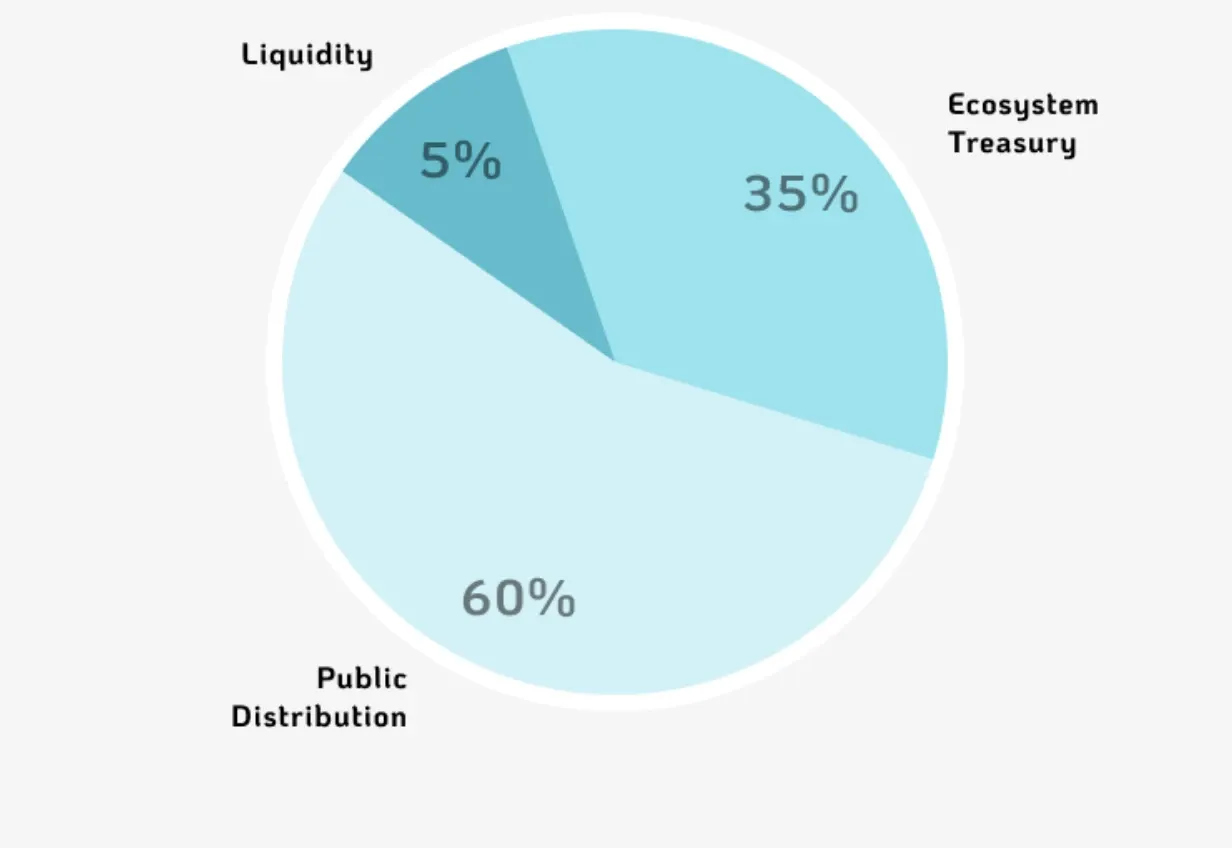
Virgen Points System: Rewarding Contributions
Virtuals Protocol has introduced a unique system called Virgen Points to incentivize community participation. Users earn points by contributing to the ecosystem, whether through staking, validating, or other activities like creating content. These points aren’t just symbolic; they play a key role in accessing opportunities within the ecosystem, such as participating in agent launches.
Yap for Points: A New Engagement Model
On April 23, Virtuals Protocol announced the “Yap for Points” initiative. This program allows users to earn Virgen Points by submitting “Yaps”—essentially, contributions that promote or enhance the Virtuals Protocol ecosystem. The stronger the signal (i.e., the more impactful the contribution), the higher the rewards. For example, creating a detailed tutorial on how to deploy an AI agent might earn more points than a simple social media post. These points can then be used to gain priority access to Genesis Launches, a mechanism we’ll explore next.
Genesis Launches: Democratizing AI Agent Ownership
Launched on April 17, on the Base network, Genesis is a protocol-layer primitive designed to make AI agent ownership more equitable. According to Virtuals Protocol, Genesis transforms agent token launches into systems that reward contribution over speculation. Instead of being dominated by “snipers and cabals,” token allocation is now tied to Virgen Points. Users who have accumulated points through ecosystem contributions can claim a proportional share of an agent’s tokens during a Genesis Launch. This approach ensures that those who actively support Virtuals Protocol are the ones who benefit most from new agent deployments.
Thriving Projects in the Virtuals Ecosystem
The Virtuals Protocol ecosystem is home to several innovative AI agent projects. Here are five that stand out for their unique applications and contributions.
Luna: The First Official Agent
Luna, the first AI agent launched by the Virtuals team, has become a flagship project. Tokenized under the ticker LUNA (distinct from Terra Luna), it boasts a market cap of $24 million, per Coingecko data. Luna can interact with users on platforms like Telegram, plan online content, and even manage on-chain wallets.
AIXBT: Crypto Market Intelligence
AIXBT is an AI-driven market intelligence platform with a current market cap of $162 million. Represented by a purple Pepe frog avatar, AIXBT tracks discussions on X, analyzes trends, and shares market insights. Its token, listed on exchanges like Binance, has seen over a 120% price increase in the past 30 days, per Coingecko.
VaderAI: Autonomous AI Trading and Monetization
VaderAI ($VADER) specializes in autonomous trading and monetizing AI-driven tasks. It can execute complex operations like on-chain arbitrage, manage investment DAOs, and generate income through intellectual property. Staking VADER tokens grants access to exclusive features, such as participation in Investment DAOs, where 100,000 VADER staked allows investment of 1 SOL, making it a critical component of Virtuals’ genesis launches.
GAME: AI-Driven Gaming and Entertainment
Built on the Generative Autonomous Multimodal Entities (GAME) engine, GAME focuses on gaming and entertainment applications, enabling AI agents to create content, livestream, and interact on platforms like Roblox. Its integration with Virtuals’ marketplace fosters co-ownership and revenue-sharing for developers and users alike. GAME’s market cap currently sits at $44.4 million, with over 273,000 token holders, per CoinMarketCap.
Oracle-X: Precision-Driven Strategies
Oracle-X empowers users with real-time insights and autonomous trading strategies. It collaborates with other Virtuals Protocol agents through the Oracle-X Alliance Network, fostering a “thriving Agentic Economy,” as described on oracle-x-virtuals.com. Oracle-X also features a tier system with market insight tools, making it a valuable resource for crypto traders.
Final Thoughts
Virtuals Protocol represents a significant step toward a future where AI agents operate as autonomous economic entities, seamlessly integrated into a decentralized ecosystem. By combining a robust technical architecture with innovative economic incentives, the platform enables creators, users, and agents to collaborate in a system designed for scalability and fairness. Its emphasis on contribution-driven ownership through mechanisms like Genesis Launches and Virgen Points fosters a community where value is tied to meaningful participation.
As AI continues to reshape commerce and industry, Virtuals Protocol offers a compelling framework for building and scaling agent-driven economies on the blockchain, paving the way for new models of decentralized collaboration and innovation.
Read Next...
Disclaimer
Disclaimer: The views expressed in this article do not necessarily represent the views of BSCN. The information provided in this article is for educational and entertainment purposes only and should not be construed as investment advice, or advice of any kind. BSCN assumes no responsibility for any investment decisions made based on the information provided in this article. If you believe that the article should be amended, please reach out to the BSCN team by emailing [email protected].
Author
 Miracle Nwokwu
Miracle NwokwuMiracle holds undergraduate degrees in French and Marketing Analytics and has been researching cryptocurrency and blockchain technology since 2016. He specializes in technical analysis and on-chain analytics, and has taught formal technical analysis courses. His written work has been featured across multiple crypto publications including The Capital, CryptoTVPlus, and Bitville, in addition to BSCN.
Crypto Project & Token Reviews
Project & Token Reviews
Comprehensive reviews of crypto's most interesting projects and assets
Learn about the hottest projects & tokens
Latest Crypto News
Get up to date with the latest crypto news stories and events




